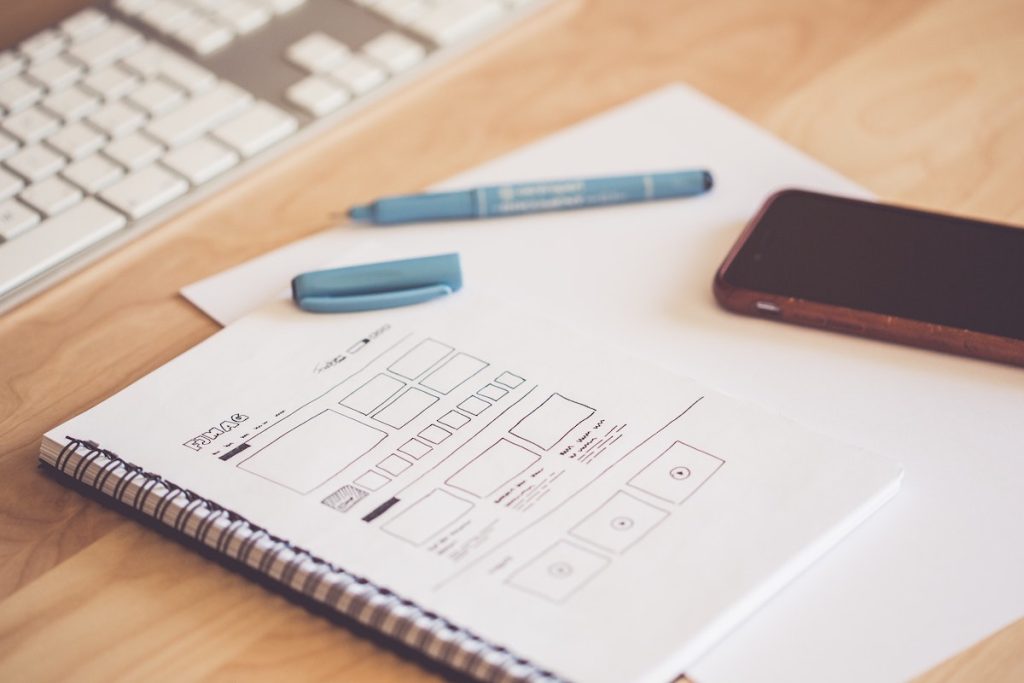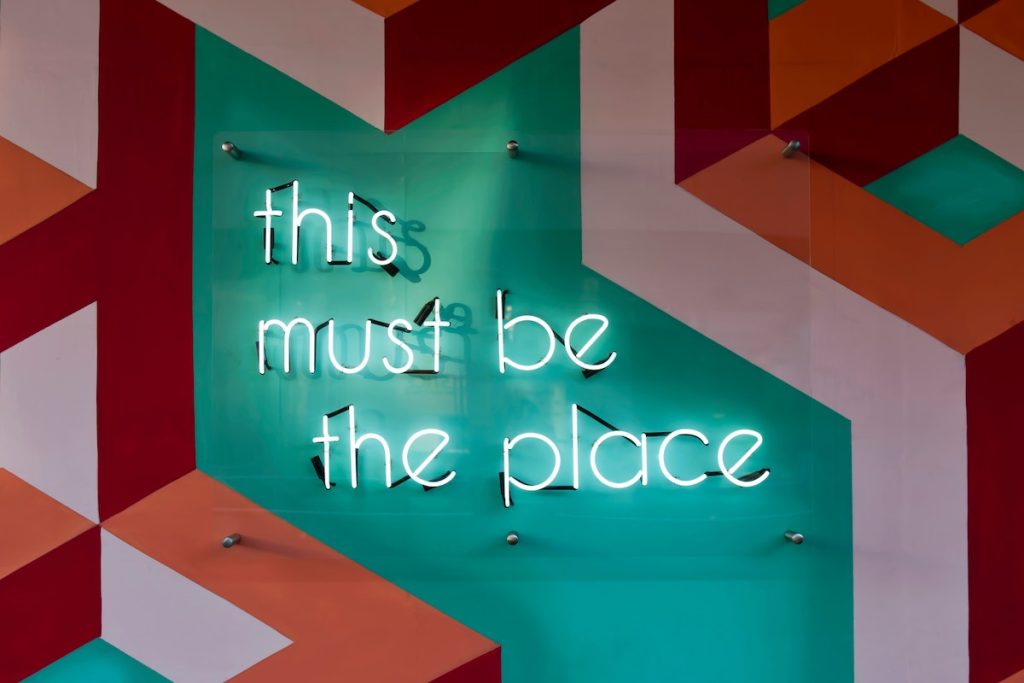Introduction: What is UX Design?
Improve user experience design is creating products that are more usable and user-friendly. It can be applied to any product, from websites to mobile apps, and it is the process of understanding what users want and need and then applying that knowledge in the development cycle.
This module will explore what UX design is, how it works, and why it’s important for businesses.
User experience design (UXD) is the process of creating products that are more usable and user-friendly. It is the process of understanding what users want and need and applying that knowledge in the development cycle. It can be used for any product, from websites to mobile apps.
What are the Benefits of UX Design, and Why it’s Important?
User experience is the heart and soul of any design. UX design is not just about what looks good. It’s about how it feels.
UX designers are responsible for creating a seamless experience for the user, whether browsing through a website, using an app, or reading an email.
The benefits of UX Design can be divided into tangible and intangible. Real benefits include increased conversion rates and better customer retention rates, while intangible benefits include higher employee satisfaction and improved customer satisfaction.
User Experience Design (UX) is not only about designing screens and websites, but it also includes creating an environment where people can interact with your product or service intuitively. UX designers ensure that your customers enjoy using your products and services.

Why a User-Centered Approach is Important for Improve UX Design
A user-centered approach is essential for any UX designer because it will help them create a better design and make it more effective. UX designers should focus on the user experience to make their designs better. They need to understand how people will use their product or service and what they expect.
User-centered design is not just about improving the usability of a product, but also about improving the overall customer experience with that product.
What are the Challenges of UX Design?
Designing for users is a challenge in itself. It requires skills and an understanding of different types of people. UX designers are the ones who are responsible for creating user interfaces, which can be a daunting task.
The first challenge is understanding people from all walks of life and their needs. It’s important to know what type of person you’re designing for and what they need from your product or service so that you can design accordingly.
The second challenge is to test your designs with real people before releasing them into production. This will help you identify usability, navigation, or functionality issues that may not have been apparent otherwise.
Finally, staying up to date with the latest design trends is important to keep your designs on-trend.

Conclusion and Next Steps for Improving Drawtify User Experience Design
In conclusion, there are many ways to improve your user experience design.
The user-centered design process is a framework for designing products that match the needs of the people who will use them. It integrates market research, business strategy, and user needs to produce a desirable product and solve problems.
User-centered design starts with empathy: understanding what people need and identifying how they behave. This involves researching potential users, analyzing their behaviors, and creating personas to represent them.
It also includes the iterative design process: creating prototypes, testing them with potential users, incorporating their feedback into the next prototype iteration, and repeating this process until there are no more changes.
The user-centered design aims to create products usable by as many people as possible, regardless of age or skill level.